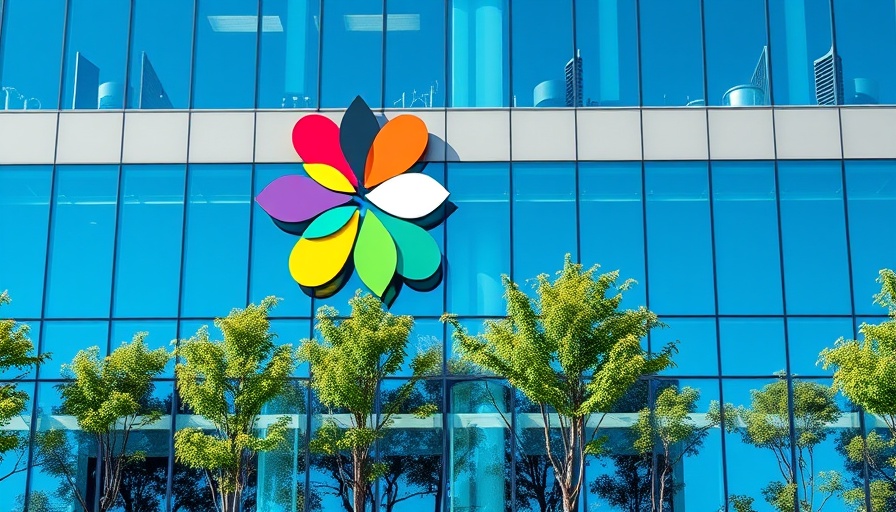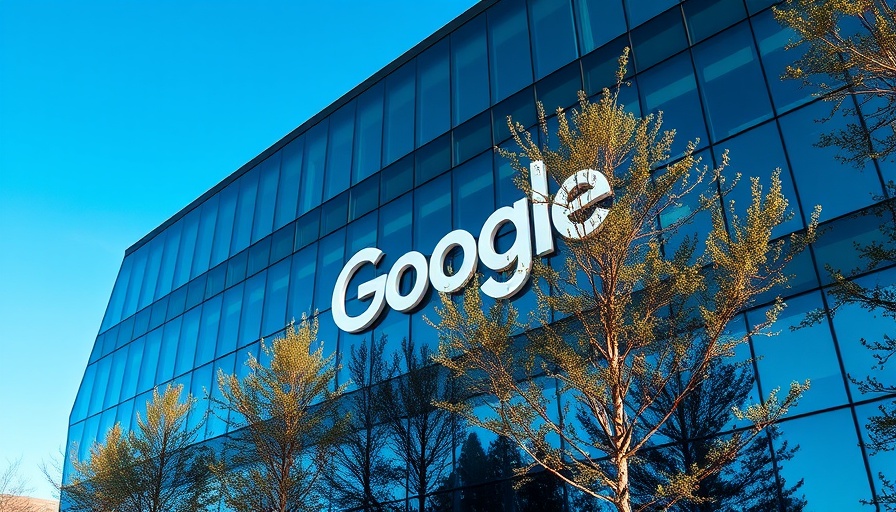
Big Tech Rallies Against Potential ISP Liability
In a landmark case poised to redefine internet service provider (ISP) liability, tech giants Google, Amazon, and Microsoft have united with the US government to support Cox Communications in its fight against a staggering $1 billion copyright ruling. This case, which underscores the intricate relationship between technology, user behavior, and legal implications, could have profound impacts on how internet companies operate and manage user content.
Understanding the Supreme Court Challenge
The Supreme Court is set to hear Cox's appeal regarding a Fourth Circuit ruling that found it liable for the infringement actions of its subscribers—specifically, those engaged in piracy. The court's previous decision held that by merely being aware of such activities without taking action, Cox was culpable, which has raised concerns among ISPs about the extensive legal repercussions they could face under such broad interpretations of liability.
The joint brief submitted by tech heavyweights argues that this ruling endangers all online service providers by expanding liability to potentially every user’s misdeeds. Under these conditions, ISPs, already tasked with a myriad of responsibilities, could be harassed with lawsuits for issues as diverse as bullying or harassment, should they fail to act upon user complaints.
What This Means for Internet Users
This ongoing legal battle holds significant implications for homeowners and renters scouring for high-speed internet options. If the Fourth Circuit's ruling prevails, it could lead ISPs to adopt stringent policing measures to avoid liability—potentially resulting in heavier restrictions or even service denial based solely on accusations. Imagine being cut off from your internet for suspected wrongdoing without any evidence—that's a fear being expressed by many.
The Expansive Reach of Copyright Liability
The Digital Millennium Copyright Act (DMCA) was initially designed to offer protections for ISPs that cooperate with copyright holders. However, the tech companies argue that the Fourth Circuit's interpretation transforms these safeguards into liabilities, potentially threatening the diversity and accessibility of online content. Without clear definitions, this could inspire illegitimate lawsuits against ISPs, especially those with limited resources to defend themselves.
Curbing Illegitimate Lawsuits: The Need for Clear Standards
The tech consortium is calling for a more nuanced understanding of copyright liability that requires "conscious, culpable conduct" before concluding that an ISP is at fault. Their argument is that merely being aware of user actions should not equate to complicity unless evidence of intentional support for the infringement is present. This distinction is critical to maintaining a vibrant digital ecosystem where innovation can thrive without the looming threat of punitive legal action.
Implications for the Future of Internet Services
The outcome of this Supreme Court case could ripple across the internet landscape, affecting how firms develop services and engage with users. If ISPs feel pressured to monitor user activity more closely, it could lead to a shift in philosophy about user privacy versus corporate liability, heightening the stakes for consumers.
Given the already complex relationship between technology and the law, it’s essential for consumers to remain informed about these developments as they directly impact access to the services they rely on daily.
Take Action: Stay Informed
This Supreme Court case represents more than just a legal showdown; it is a pivotal moment for internet freedom and user rights. Homeowners and renters navigating the intricacies of their internet options should stay informed about the implications of such rulings. Engaging in the conversation can help safeguard the internet as a free space.
 Add Row
Add Row  Add
Add 




Write A Comment